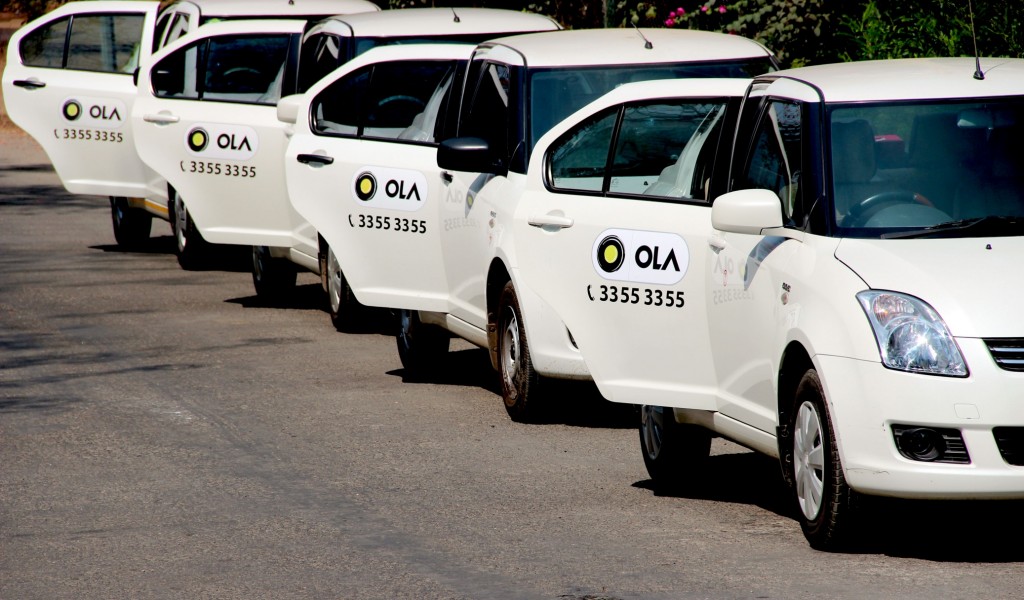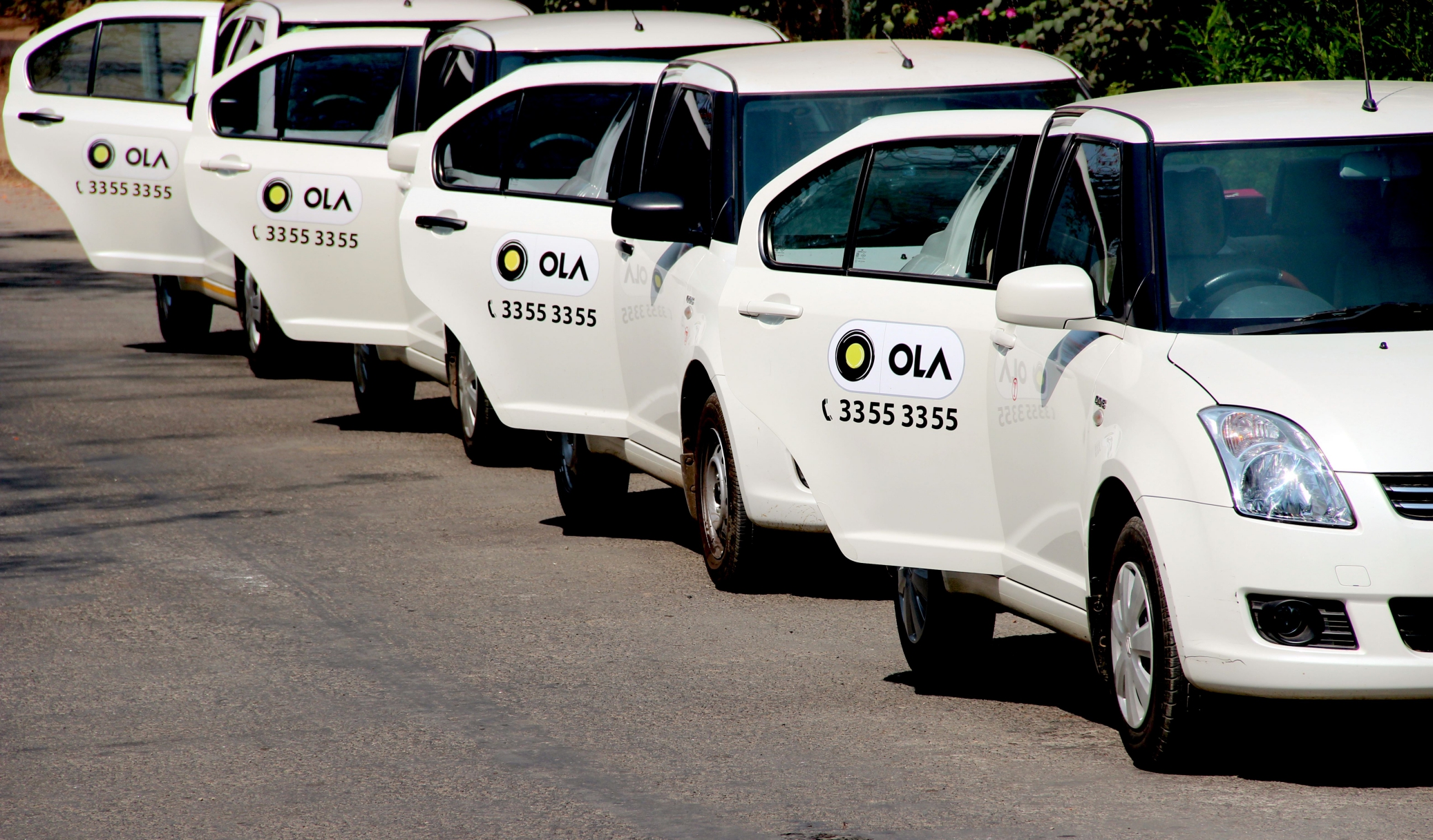There’s a problem with Ola’s fare calculation mechanism for its intercity rides.
Less than a week after it had presented a Hyderabad-based passenger a bill of Rs. 9,15,887, Ola has now charged a man Rs. 83,395 for a ride between Mumbai and Pune. Ghatkopar businessman Kamal Bhatia had booked an Ola for round trip on 4th September. Bhatia, his wife and kids left Mumbai at 6:30 am and reached back home at 9:30 in the night. It was then that they heard the unpleasant news.

“When the driver, Rakesh, closed the trip, I received a soft copy of the bill. I went numb for a moment as Rs 83,395,” Bhatia told Economic Times. The bill showed that Bhatia had covered 7,092 km and used the car for 14 hours and 36 minutes. He was charged a base fare of Rs 2,750 for 250 km and Rs 75,262 for another 6842 km. The taxes charged were Rs 5,382.64.
Ola has since waived the entire bill amount, but the question remains – how hard is it for Ola to ascertain if the bill amounts generated through its software are wildly wrong? GPS in India isn’t the best, and connectivity problems can often pose challenges to calculating distance, but Ola knows its numbers before it generates the final bill. If Ola realizes that their cabs have covered a distance that would require them to be driving at outrageous speeds (1000 kmph, in this latest case), maybe Ola should double check its calculations before presenting a bill?
Really, it’s a matter of one If-then-else statement.
if(distance calculated/time taken > 100 kmph)
This isn’t the first time that Ola’s engineering has been called to question. Last year, and Indian hacker had found a loophole in its app through which he could get unlimited credits into his Ola Wallet without paying any money. He’d said that “breaching Ola was one of the easiest kind of hacks possible.” These latest glitches show that Ola’s app still has some fairly basic flaws. A unicorn startup with billions in funding can surely do better.
